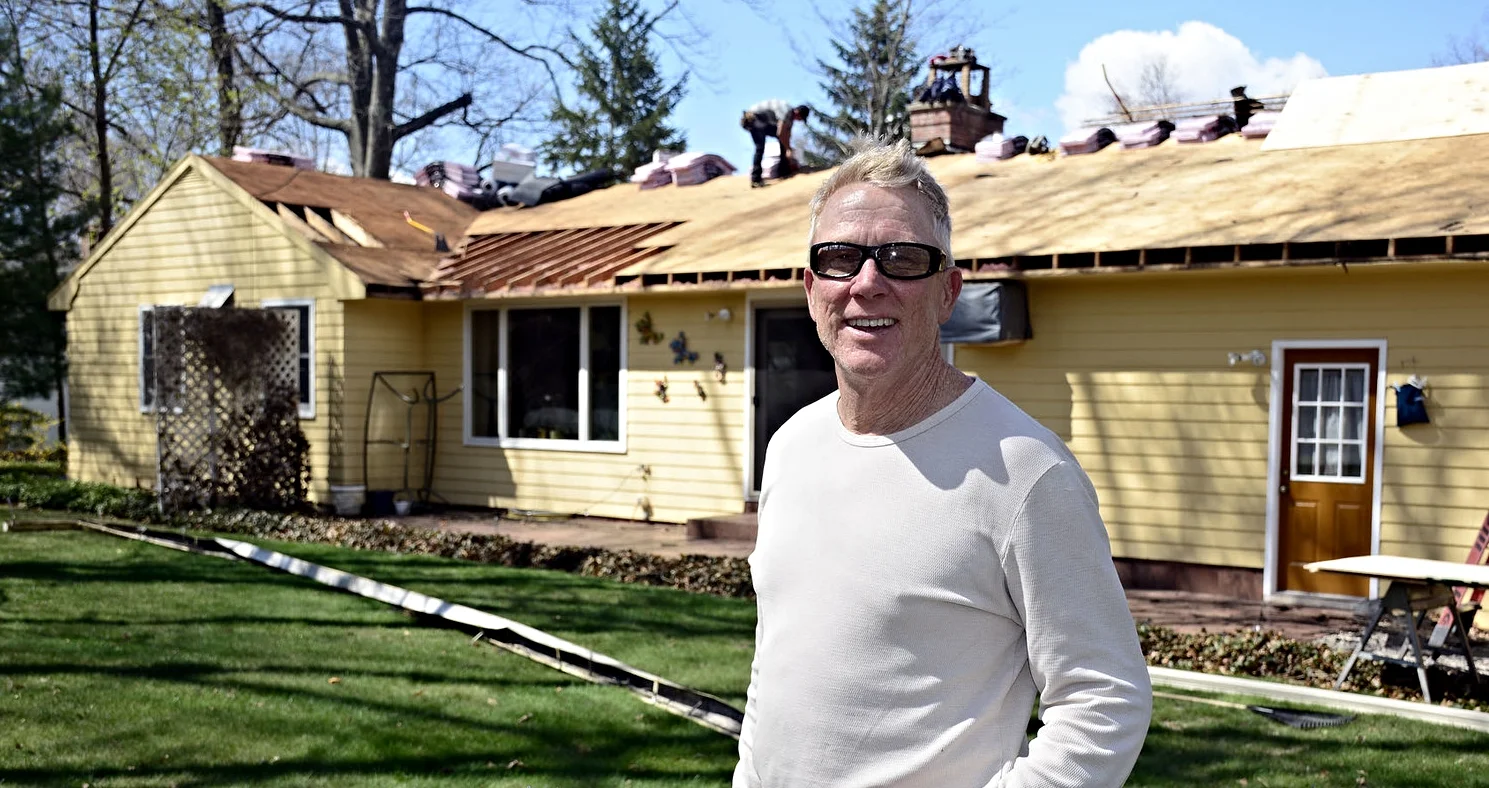What’s Growing In Your Attic
Chelsea O'Donnell
This past week’s brutal temperatures had plenty of people thinking about the heat in their homes. While high energy bills, drafty windows, and cold floors are the obvious issues, what most homeowners don’t see is what’s causing the biggest problems in their homes.
Most of the houses in our area are underinsulated and not properly ventilated. We all know from high school science class that heat rises, right? In a house, that means a good amount of heat makes its way up to the attic where it’s usually pretty cold. When warm and cold air collide, it creates moisture or condensation, which is the last thing you want up there. As an attic collects moisture, it adheres itself to any surface, which in an attic’s case is usually wood. That moisture becomes an ideal home for mold spores, which eat away at the plywood, causing it to rot.
An attic that has enough insulation and ventilation allows air to flow through and temperature to regulate, which creates a healthy atmosphere and keeps a home warmer in the winter and cooler in the summer. A home without proper insulation and ventilation is susceptible to mold infiltration which will create rot, roof leaks, and can even become a potential health hazard in your home, especially for folks with asthma or allergies.
So how do you know if your home has enough insulation and ventilation? A roofing contractor will be able to help you identify exactly what you need, but a good place to start is insulation. Insulation is measured by its R-Value, which is the level at which heat can penetrate it. According to EnergizeCT, the recommended R-Value for a home here in Connecticut is R38 to R60, which is roughly 12 inches thick at the low end of that range. If you can access your attic, you’ll be able to get an idea of your insulation situation. More than 75% of homes I visit don’t come close to an R-Value of 38, in fact, homes built before 1940 didn’t require insulation at all. Those built in the decades after usually have enough to be suitable for winter in Florida.
A warm, energy-efficient, and healthy home always starts at the roof. Ensuring your home has enough insulation and ventilation is the best way to prevent bigger problems such as leaks from happening in the future. Plus, getting your home insulated and ventilated properly offers both tax credits and will immediately make a big difference in those energy bills. Don’t forget your family’s health as well. Illness from long-term exposure to mold is not something anyone wants to deal with.
Bob O'Donnell is the owner of O'Donnell Bros, Inc., a Bristol-based home improvement company established in 1975. Email your questions for Bob to info@odonnellbros.com with the subject line “Ask the Pro”. All questions may be considered for publication. To contact Bob for your remodeling needs, call O'Donnell Bros, Inc. at (860) 589-5155 or visit www.odonnellbros.com. Advice is for guidance only.
